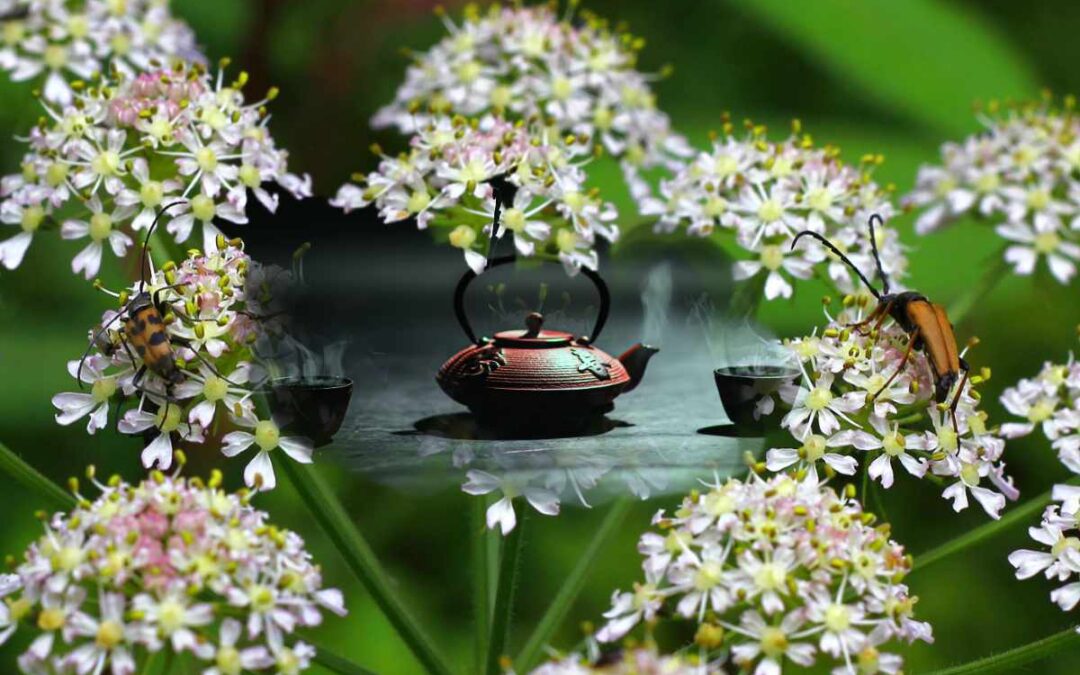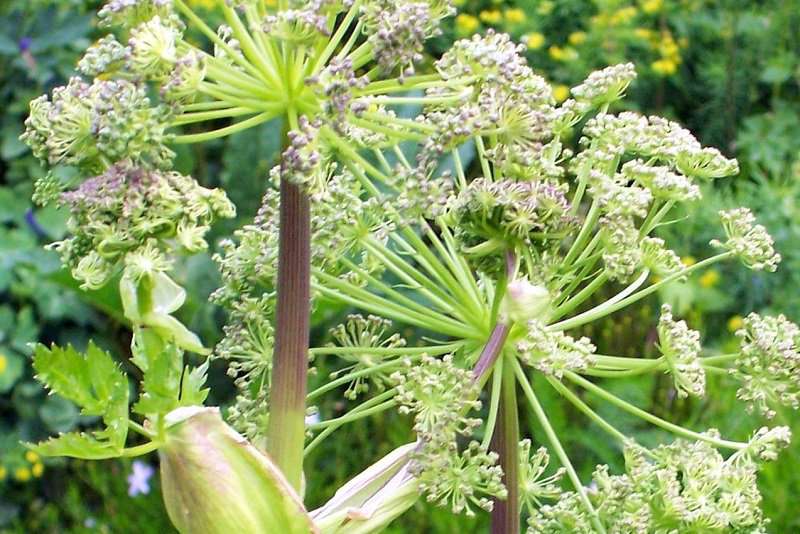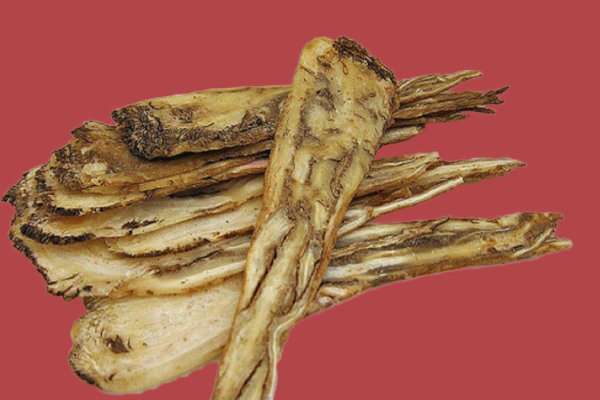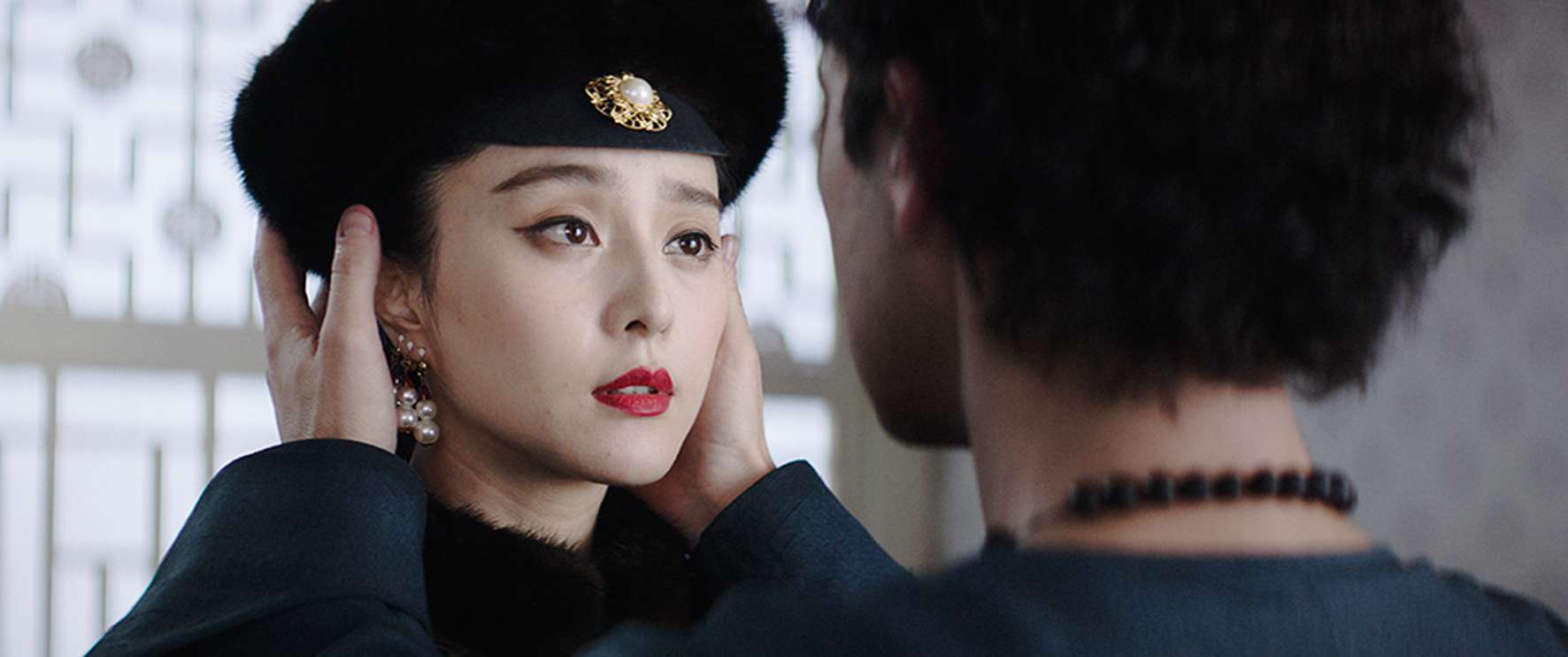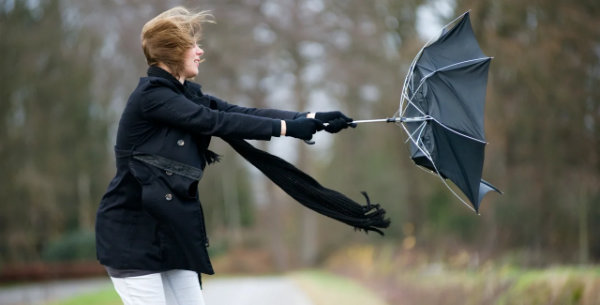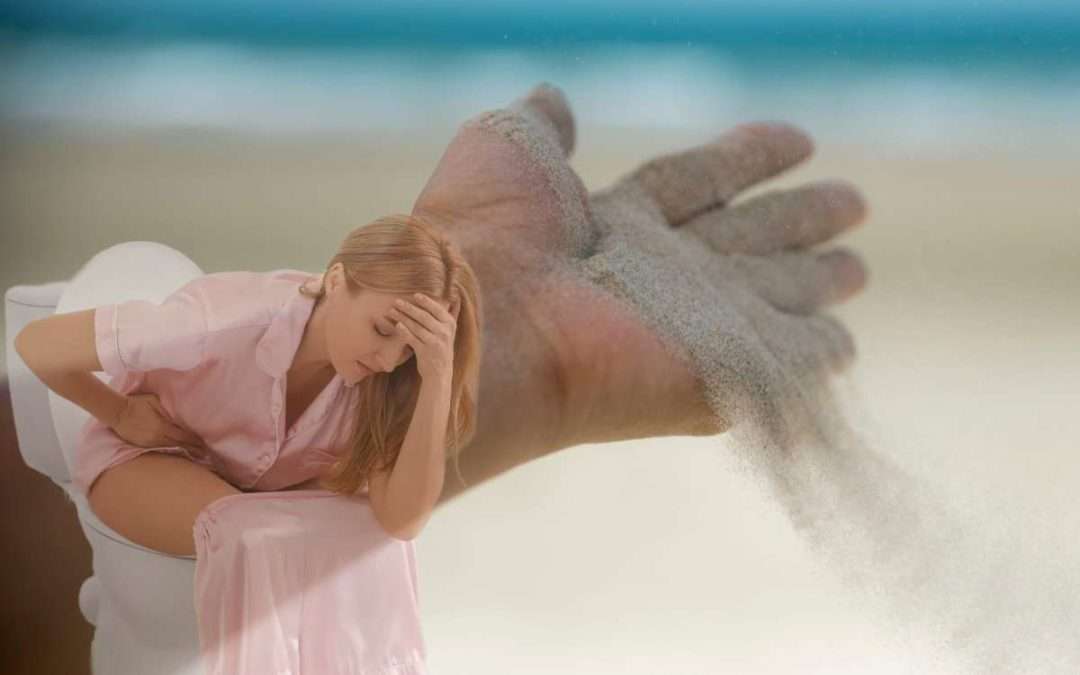
The large intestine
Elimination and letting go
In Chinese medicine, the large intestine (大肠 Dà cháng) is associated with the Metal element, the autumn season and the emotion of sadness. It is coupled with the Lung, yin organ of Metal.
The main function of the large intestine is to receive food ingested and transmitted by the small intestine. After absorbing part of the liquid, it excretes stool.
The Large Intestine, governed by Dryness, controls liquids. In other words, it absorbs the necessary quantity of liquids to ensure that it is neither too dry nor too moist. If it’s too dry, constipation ensues, and if it’s too wet, diarrhea.
Movement and routing
After receiving digested food from the small intestine, the large intestine transforms it into stool and ensures :
- the stool circulates correctly,
- that it is transported downwards.
In TCM, the Large Intestine is the minister in charge of circulation and transport. The movement of Qi from the large intestine is therefore clearly downward.

If this movement stops (stagnation), Qi then affects the Large Intestine and causes a disruption in downward movement. This then leads to abdominal distension and sometimes constipation.
Also, the Qi of the Spleen can collapse and then cause the collapse of the Qi of the Large Intestine, causing anal prolapse or blood in the stool.
It is the descending Qi of the Lung, the paired organ, that provides the Large Intestine with the Qi necessary for the effort required for defecation.
If the Lung Qi is insufficient, it cannot provide enough Qi to the Large Intestine for the function of defecation, resulting in constipation.
Conversely, if a person suffers from constipation, it can result in a disturbance of the descending function of the Lung, and therefore shortness of breath.
A waste disposal process
According to Chinese medicine, the organ pair Lung (yin) and Large Intestine (yang) is therefore associated with the autumn season and the emotion of sadness.
Autumn is the time when the energy cycle declines, and tree leaves fall and die. They are then decomposed by the rains. This process of death is essential, as it enables other forms of life to develop next spring.
This same process is at work in the human body. The large intestine helps us get rid of the old, of what we no longer need. This process involves eliminating not only waste from the digestive process, but also our mental and spiritual waste. After enjoying the harvest in body, mind and spirit, we must let go to make room for other life forms, for evolution.
Metal imbalances
Metal element disorders often affect the skin. Like the lungs, the skin is the only part of the body in direct contact with the outside air (the skin “breathes”). Like the large intestine, it eliminates toxins through perspiration. People with a Metal imbalance often have a history of dermatological problems: eczema, psoriasis, dermatitis, acne, etc. Or, more subtly, a history of skin problems.
Lung and large intestine have an impact on the quality of our skin and our state of mind. According to Traditional Chinese Medicine, Metal, by extension, nourishes the skin, the throat, the sense of smell and the power of our voice.
The large intestine eliminates and evacuates the body’s waste products. Problems related to the large intestine are a sign of our fear of missing out, of making mistakes, of letting go.
Difficulties in letting go
If our Metal energy is weak, then our ability to let go will be unbalanced. Either we let go of things too soon, or we hold on to them for too long.
When a loved one dies, for example, it is normal to feel grief, which is a Metal emotion. If this loss does not affect us at all, or if, on the contrary, the sadness we feel lasts for years, this indicates that the Metal element is out of balance.
When we really can’t let go, every event, no matter how small, affects us greatly. We move forward in life looking back at the past.
A balanced Metal element creates in the individual an awareness of the divine spark within them. If this divine spark within us is cut off, it can lead to absolute resignation.

Nothing and no-one has any meaning or value. The individual sees no point in taking care of himself, let alone others. He’s always negative about everything he does, and falls into depression.
Others will try to compensate for this emptiness by displaying a perfect appearance. We’ll see people who take care of every detail of their appearance as well as their living space. In their home, everything is in its place, no thread sticking out, no wisp of dust making an appearance. They will seek to accumulate wealth and flaunt it in broad daylight in an attempt to create that impression of value through the eyes of others.
Rebalancing metal energy

As we’ve seen, it’s important not to repress sadness, nor to cultivate it. Meditation and deep breathing can help us learn to accept our emotions without letting them overwhelm us. Keeping a diary can also help you let go of certain emotions.
This is particularly important in the case of sadness, which is linked to the lung and large intestine. Breathing deeply, consciously and for a long time can help cleanse any grief or sadness you may be holding inside.
Autumn, the season associated with metal, is the time to focus on root vegetables. It is advisable to slightly increase consumption of foods with an acidic taste, such as sourdough bread, lemons and limes, grapefruit, pickled and fermented foods, leeks, azuki beans, vinegar, rosehip tea, yoghurt, etc. White foods, such as onions, garlic, turnips, radishes, daikon, cabbage, pears, etc., are traditionally considered lung-protective.
People suffering from dryness (dry cough, dry throat, dry skin, etc.) may wish to consume moister foods, such as tofu, tempeh, spinach, barley, millet, pear, apple, persimmon, seaweed, almonds, pine nuts, sesame seeds.
